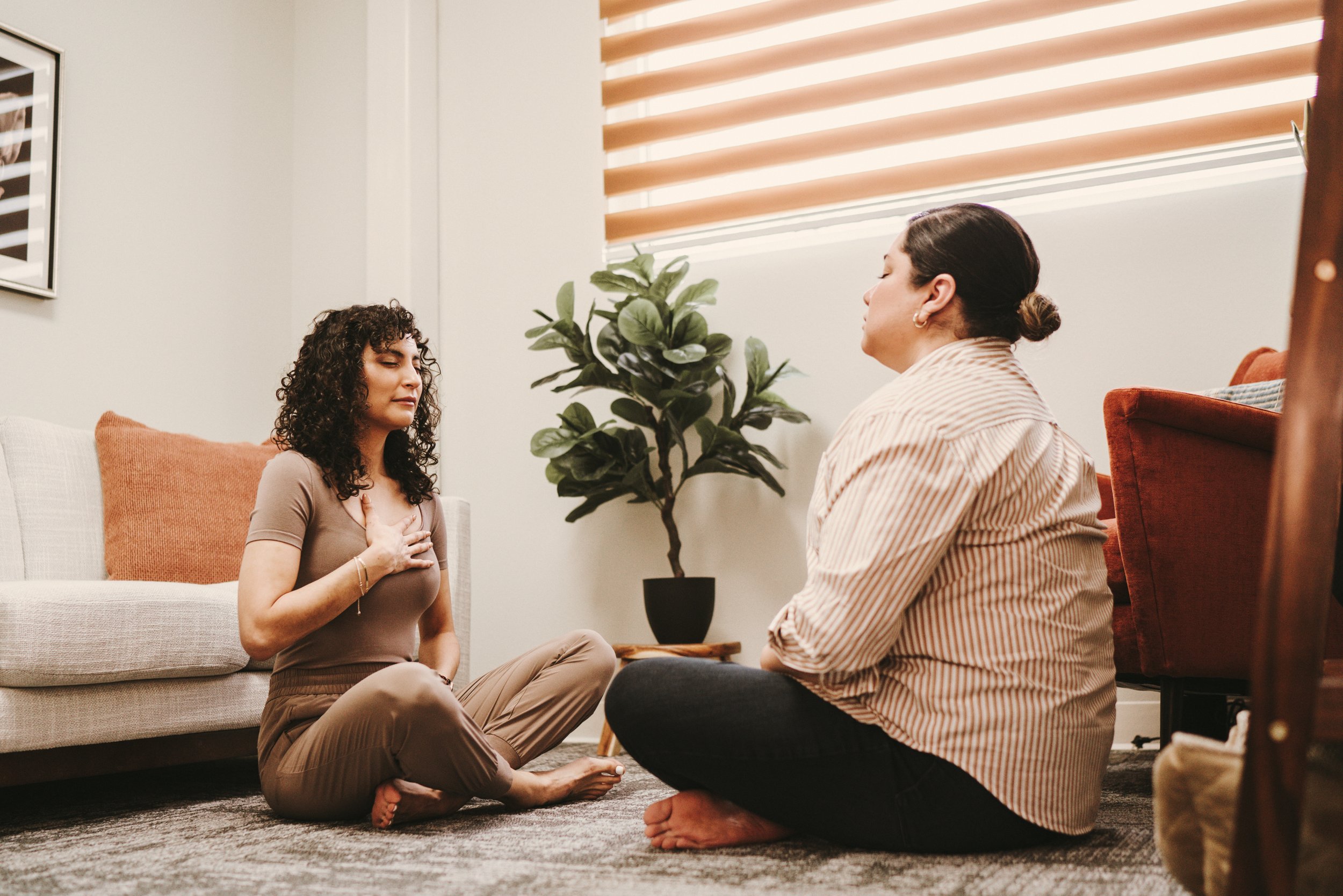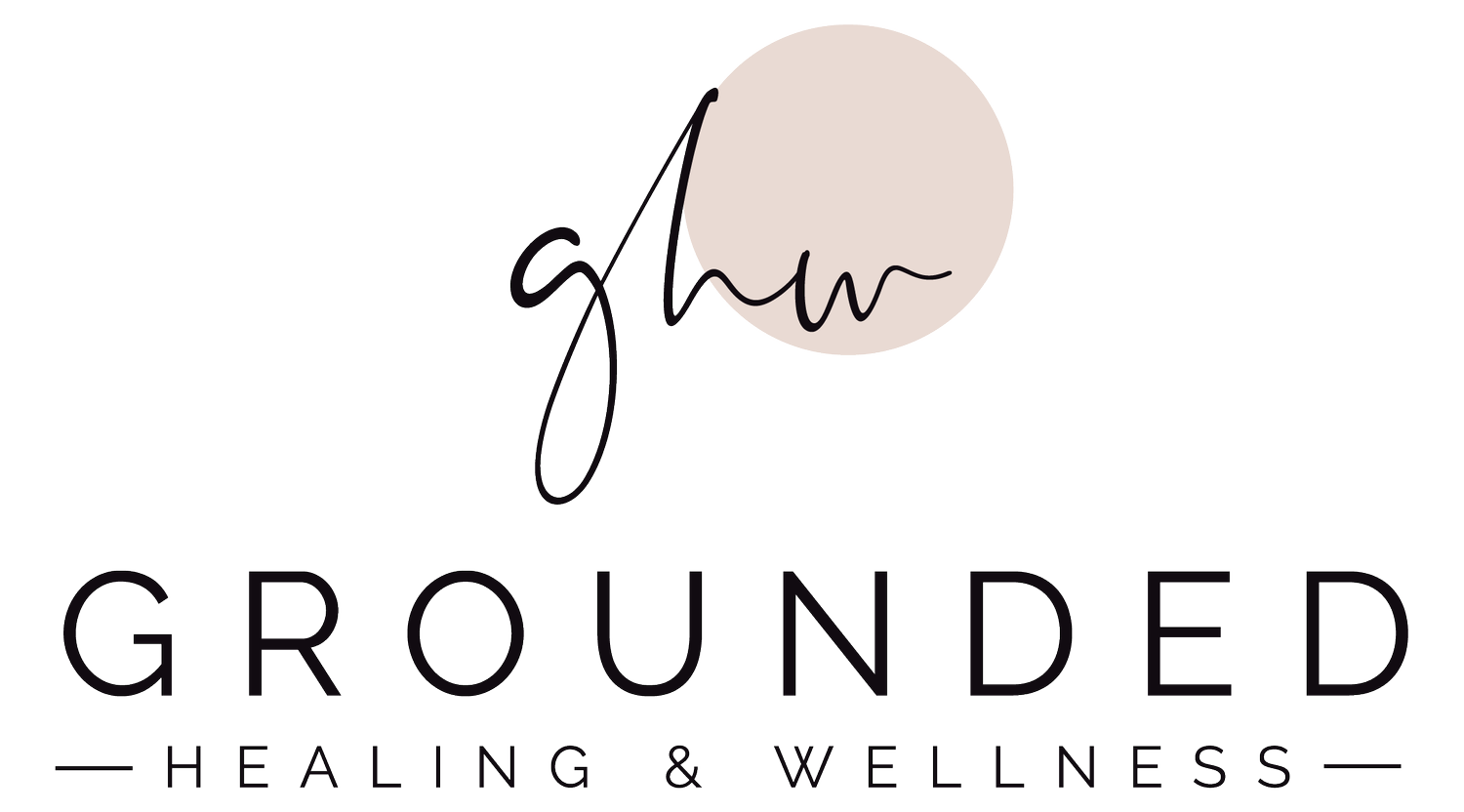
Mindful Stress Reduction
What’s involved
Purpose
This 8-week program helps with emotional regulation, anxiety, depression, chronic pain, and stress. Each session teaches new mindfulness skills, includes group discussions, and provides worksheets and guided meditations for practice between sessions.
Evidence Based
Based on the well-researched Mindfulness-Based Stress Reduction (Jon Kabat-Zinn) and Mindfulness-Based Cognitive Therapy (Zindel Segal), these are educational courses designed to build skills for managing stress and life challenges, not intended as psychotherapy.
Benefits
These methods help deepen your understanding of the mind, manage difficult thoughts and feelings, respond to challenges, and enrich your life’s moments.
8 Week Schedule
April 10 - May 29
Every Thursday 5:30 - 7 PM
Location: In Office
$200
Session 1: Awareness and Automatic Pilot
The first session introduces mindfulness by bringing awareness to automatic actions. The raisin exercise engages our senses while eating, and the body scan helps focus attention throughout the body. These simple yet challenging exercises offer insight into how our minds work.
Session 2: Living in Our Heads
This session focuses on distinguishing between thinking and direct awareness, highlighting how often we get caught in automatic reactions. It includes more practice with the body scan and mindful breathing, and addresses common challenges in home practice, such as falling asleep, mind wandering, and finding time for self-care. A key topic is how thoughts, emotions, and body sensations influence and interact with each other.
Session 3: Gathering the Scattered Mind
After a few weeks of practice, people often notice how scattered the mind can be. One way to anchor attention is through the breath or body. This session introduces new exercises, like mindful stretching and walking, to show how mindfulness can be integrated into daily life. A key focus is learning to stay present with uncomfortable physical sensations, rather than avoiding or struggling with them.
Session 4: Recognizing Aversion
This session helps us recognize our tendency to push away unpleasant experiences, which can trap us in unhelpful patterns. Mindfulness offers a broader perspective, allowing us to relate differently to difficulties. We also focus on patterns of thinking related to stress, pain, anxiety, and sadness. Additionally, we’ll watch part 1 of a video featuring others in a similar 8-week program.
Session 5: Allowing/Letting Be
In this session, we practice accepting things as they are in the present moment, even if they’re unpleasant. This involves developing kindness toward ourselves and letting go of struggles and judgments related to thoughts, feelings, and sensations. With clearer awareness, we can make better decisions about how to respond. The skill is practiced by bringing to mind a minor annoyance and observing, then releasing unhelpful reactions. We’ll also watch part 2 of a video featuring others in a similar 8-week program.
Session 6: Thoughts are Not Facts
Session six focuses on learning to relate differently to our thoughts. It’s both simple and profound to realize that thoughts and words represent, but are not the same as, reality. By recognizing this, we can pause to notice thought patterns instead of reacting to them. Negative thoughts often reflect underlying emotions or moods, and rather than struggling with them, we can observe them, explore related body sensations, or take thoughtful action to care for ourselves or the situation.
Session 7: How Can I Best Take Care of Myself?
In this session, we emphasize the importance of noticing challenges early. When things start to go wrong, we often fall into old patterns like ignoring, overreacting, or engaging in unhelpful behaviors. By learning to recognize the signs of stress, anxiety, or depression, we can take proactive steps to care for ourselves before becoming overwhelmed.
Session 8: Maintaining and Extending New Learning
The final session offers time to reflect on the past seven weeks and recognize any life changes. We’ll also discuss ways to maintain the progress made and avoid slipping back into old patterns.
